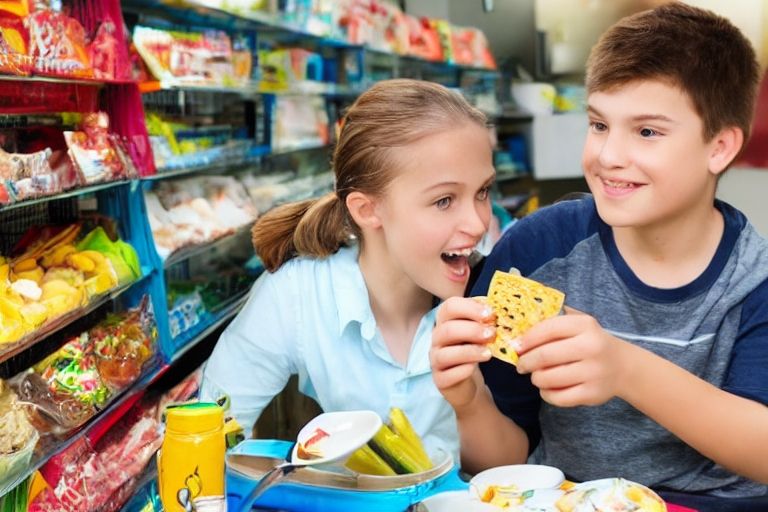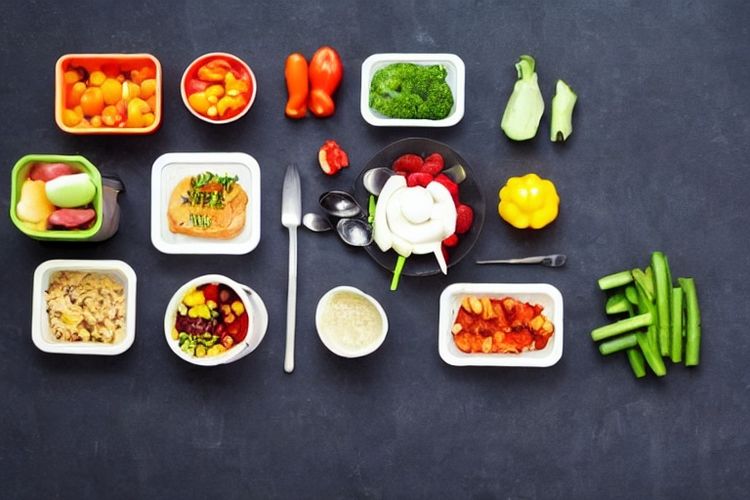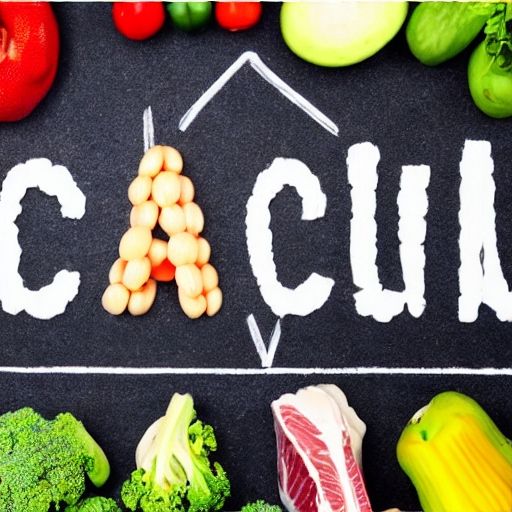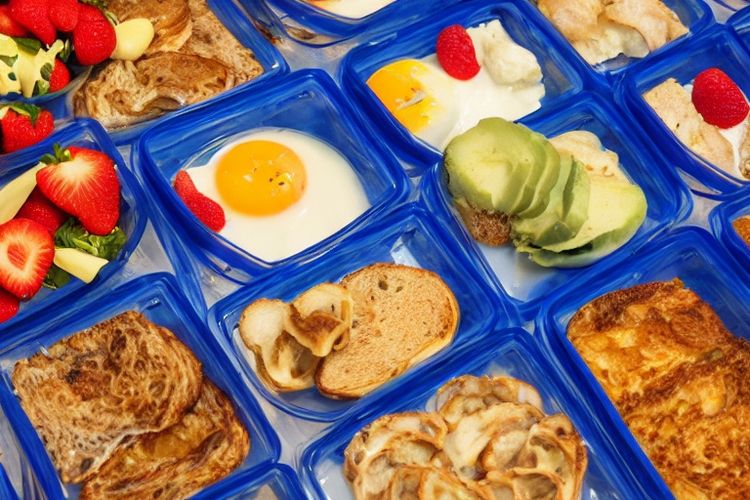The Do's and Don'ts of Snacking: What Grade 7 Students Need to Know

For grade 7 students, snacking is an important part of their daily lives. Whether it’s during a break between classes, after school, or while studying, having a snack can help boost energy levels, improve focus, and prevent overeating during main meals. However, not all snacks are created equal. Understanding the do’s and don’ts of snacking is crucial for maintaining a healthy lifestyle. So, if you’re a grade 7 student, here’s what you need to know.
DO include a variety of food groups in your snacks. The key to a balanced snack is to incorporate different nutrients. Aim to include protein (such as yogurt, nuts, or boiled eggs), whole grains (like whole grain crackers or bread), fruits, and vegetables (such as carrot sticks, apple slices, or cucumber). This combination will keep you feeling full and satisfied.
DON’T rely solely on processed or packaged snacks. While it’s tempting to grab a bag of chips or cookies, these types of snacks are usually high in unhealthy fats, added sugars, and empty calories. They can lead to weight gain, energy crashes, and other health problems if consumed in excess. Instead, try to opt for homemade snacks or choose packaged snacks that are low in added sugars and unhealthy fats.
DO keep portion sizes in mind. It’s easy to lose track of how much you’re snacking, especially if you’re eating directly from a large bag or container. To avoid overeating, take a small portion of your snack and put the rest away. This will prevent mindless munching and help you control your intake.
DON’T skip meals and rely solely on snacks. While snacks are important and can provide important nutrients, they should not replace main meals. Skipping meals can lead to nutrient deficiencies and leave you feeling tired and hungry. Make sure to have a balanced breakfast, lunch, and dinner, and use snacks as a supplement to keep your energy levels up throughout the day.
DO listen to your body’s hunger cues. Sometimes, we may be tempted to snack out of boredom or because we see others eating. However, it’s crucial to be in tune with our bodies and only eat when we’re truly hungry. Pay attention to signs such as stomach growling, feeling weak or lightheaded, or experiencing a lack of concentration. If you’re not hungry, try finding other activities that can occupy your time and take your mind off snacking.
DON’T use snacking as a reward or coping mechanism. It’s not uncommon to turn to food for comfort during times of stress or as a treat for accomplishing a task. However, using snacks as rewards or emotional crutches can lead to unhealthy eating habits and a lack of control over your food choices. Instead, find alternative ways to manage stress or reward yourself, such as engaging in physical activities, practicing hobbies, or spending time with loved ones.
By following these do’s and don’ts of snacking, grade 7 students can develop healthy eating habits and make better choices when it comes to their daily snacks. Remember, snacks should be nourishing and enjoyable while keeping your energy levels steady throughout the day. So, grab a mix of nutritious foods, control your portions, and listen to your body’s signals. Happy snacking!



